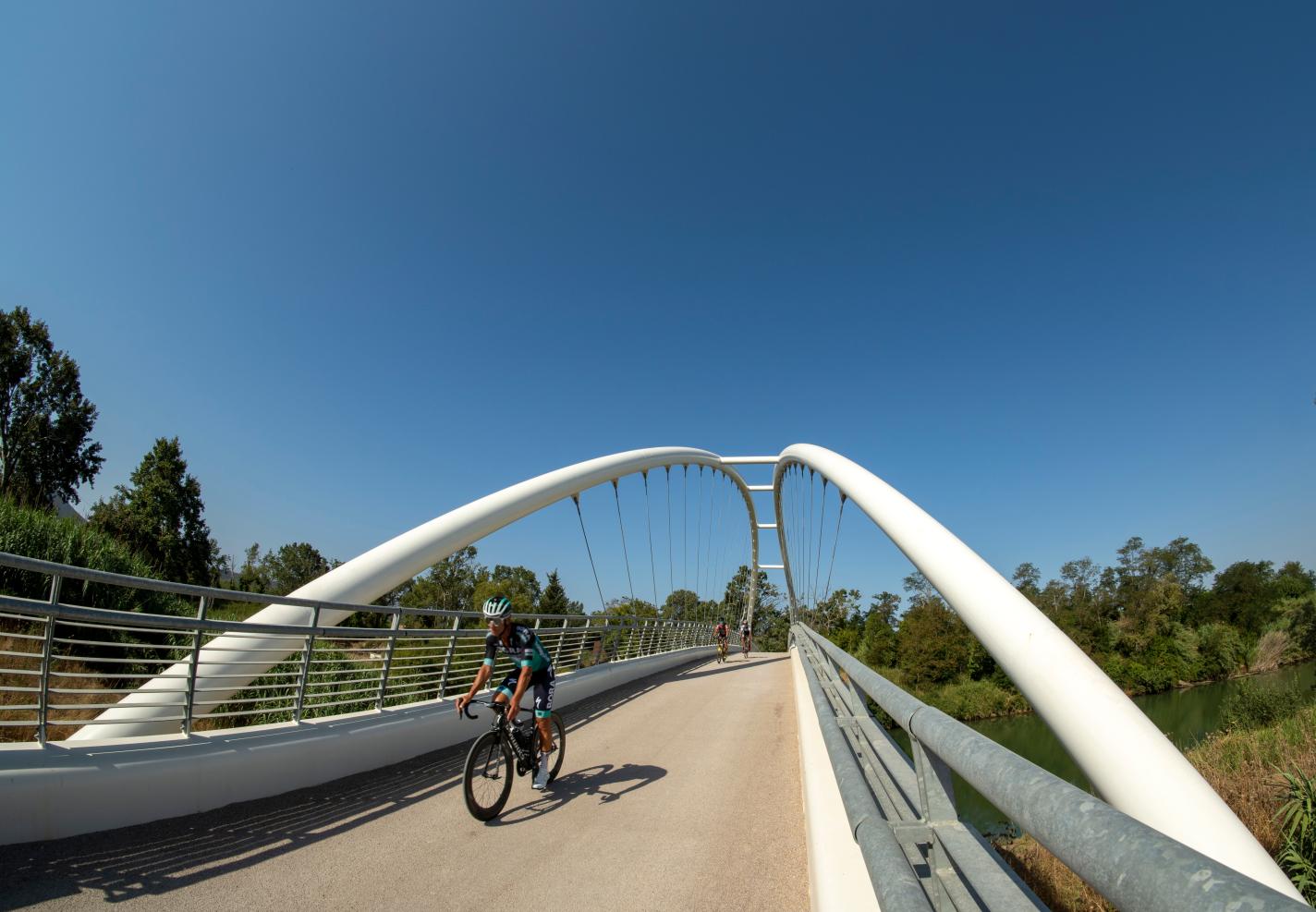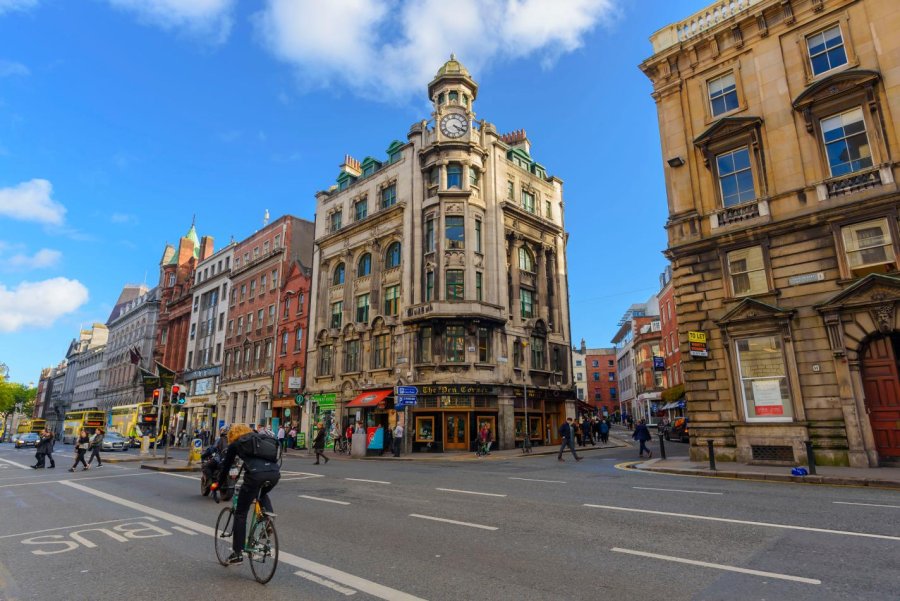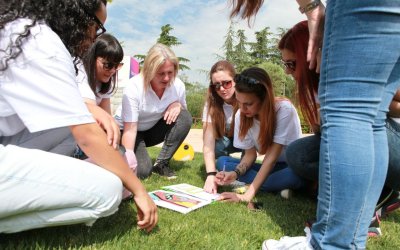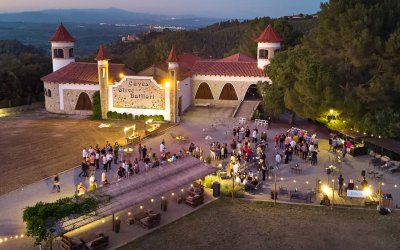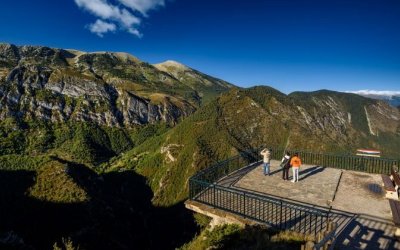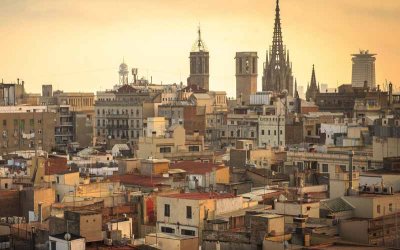The "European Capital of Smart Tourism and Green Pioneer of Smart Tourism" awards recognise the efforts of European cities to develop smarter and more sustainable tourism.
This year's winners are Dublin and Grosseto, an Italian town in the Tuscany region. The European Commission has published the compendium of best practices presented, not only for the winning cities, but for all those that took part. The document includes best practices in five areas: accessibility, sustainability, digitisation, cultural heritage and creativity.
In the case of Ireland’s capital, they wanted to highlight its efforts to improve accessibility. The city's airport, for example, collaborates with different organisations to ensure that decisions take into account the needs of people with disabilities.
Some notable initiatives include wristbands that allow passengers who require additional support to self-identify, the creation of a sensory room to escape from the noisy environment, designed for individuals with special needs, as well as visual aids for passengers with autism.
Cities that focus on responsible management
On the mobility front, Dublin has a bike-sharing programme with 25 million users. In addition, the Coastal Mobility Route, inaugurated in 2020, promotes sustainable transport and has been successful in transforming how people travel along the Dublin coast.
As for climate action, the city is home to the world's first carbon-neutral convention centre and is committed to reducing its carbon footprint by 2030, aiming for carbon neutrality by 2050.
Finally, Ireland’s capital has promoted projects and cultural spaces throughout the city, working with individuals, communities and organisations to improve their participation.
In the case of Grosseto, the EC highlights its commitment to preserving its natural landscape. Around 30% of the city's protected area is devoted to agriculture, which serves as a basis for agrotourism efforts.
For instance, the Maremma Regional Park boasts over 30 high-quality agrotourism initiatives suitable for all ages and abilities. Throughout the year, the park offers cooking activities, tutorials for harvesting and processing local ingredients, tasting workshops, and cycling routes for enthusiasts.
One of the cornerstones of Grosseto's sustainability is mobility. The park seamlessly combines cultural, archaeological, scientific research, and sustainable tourism projects, making it a benchmark for responsible exploration.
As part of the city's commitment to accessibility, Grosseto has an integrated bicycle mobility system and shuttle service, which can be booked through an app. In addition, the city has made its beaches, monuments, and city centre accessible through various initiatives.
These are two examples of how responsible tourism can be a real magnet for visitors and a commitment to the future that ensures the viability of tourist destinations.
To find out more, click on this link. (https://smart-tourism-capital.ec.europa.eu/best-practices_en?prefLang=es)
